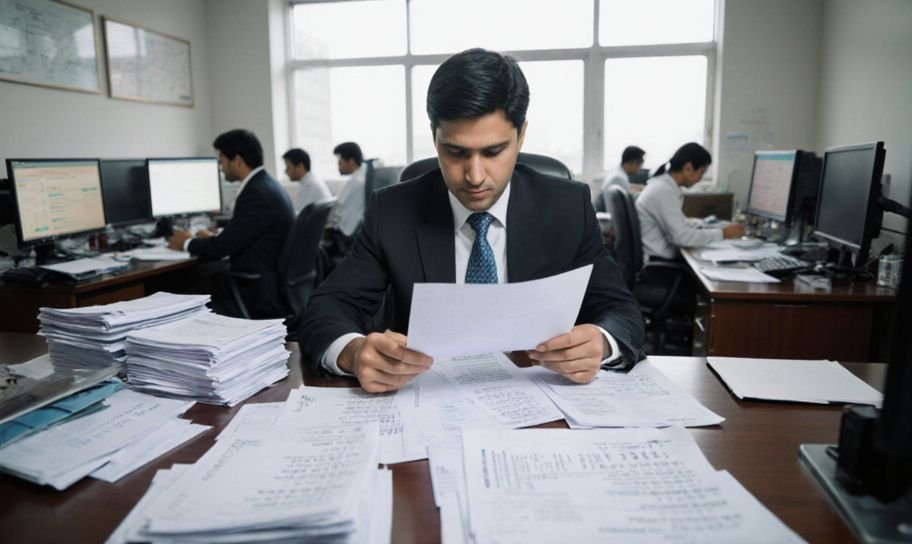
Quick Summary: The Bombay High Court decided on a case between Ramelex Pvt Ltd and the Income Tax Department. The court agreed to keep a 15% limit on extra charges related to supposed fake purchases, supporting Ramelex against the tax authorities.
The main tax officer in Pune challenged Ramelex Pvt Ltd for the year 2009-2010. The problem was about supposed fake purchases adding up to over Rs. 2 crore. At first, the tax officer added this whole amount to Ramelex's income, saying these were fake deals.
The tax department said Ramelex was increasing its costs with fake bills from different suppliers. They reopened the case based on information from the Sales Tax Department, which claimed fake transactions. Ramelex argued that these were real purchases, backed by documents like purchase bills and bank statements.
"The information has been received... showing fake transaction amounting to Rs. 2,05,74,750/- for the year 2009-10."
Ramelex went to the Commissioner of Income Tax (Appeals), who partly agreed with them. The CIT(A) lowered the extra charges to 15% of the supposed fake purchases, recognizing a mistake with one supplier, Entech Enterprises.
"The action of the tax officer to disallow 100% of the unverified purchases cannot be supported."
The Income Tax Appellate Tribunal (ITAT) agreed with the CIT(A)'s decision. They found that Ramelex had given enough evidence to prove the transactions were real. The ITAT pointed out that the tax authorities hadn't let Ramelex question the suppliers, which was unfair.
Judges G. S. Kulkarni and Aarti Sathe of the Bombay High Court turned down the tax department's appeal. They said the department's reliance on the Sales Tax Department's information, without solid proof, was not enough. The court found no big legal question that needed their involvement.
"The assessment of the Respondent-Assessee was primarily re-opened on the basis of the aforesaid information."
The court decided that the tax department did not have enough evidence to support their claims, and Ramelex only had to account for 15% of the supposed fake purchases. This was a win for Ramelex, showing the need for strong proof when making serious claims about taxes.